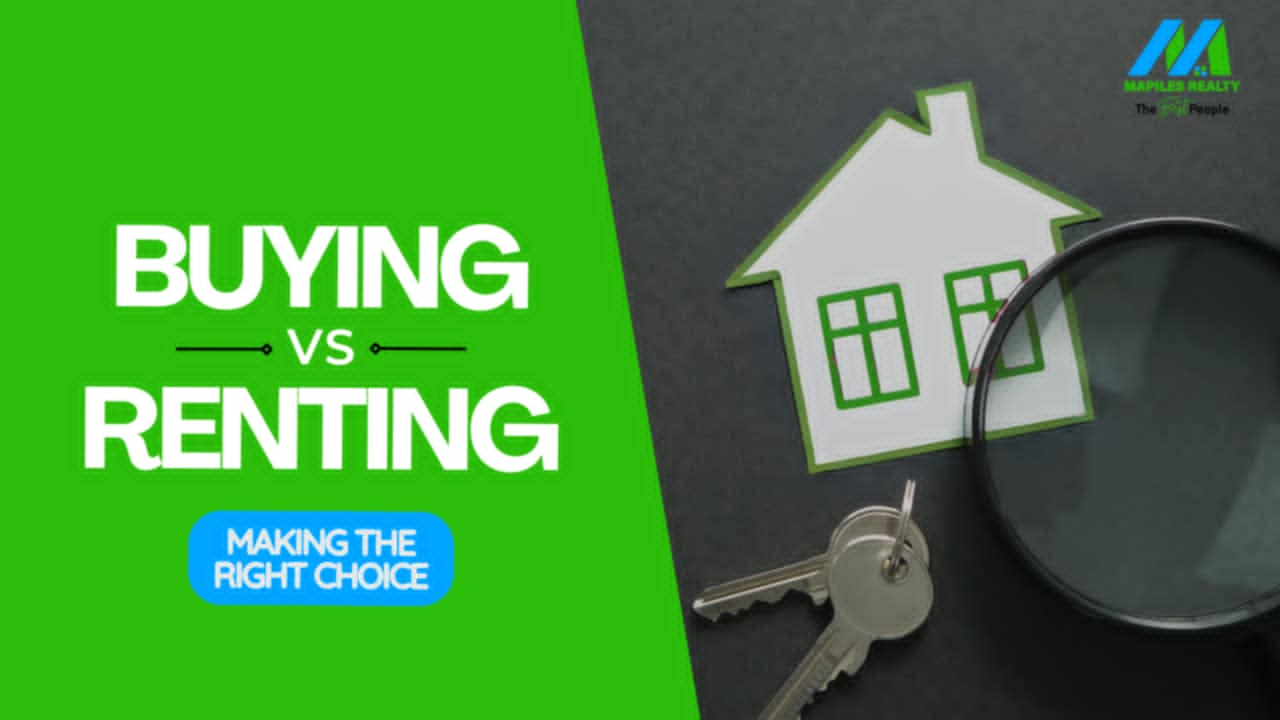The current housing market has made renting more attractive, but the rent-versus-buy decision involves long-term financial tradeoffs that you have to consider.
Renting allows for more flexibility and has lower upfront costs. Without a down payment or closing costs, you can keep more of your cash on hand and invest what you would’ve put toward a house into the stock market. Another perk is that your landlord is financially responsible for any maintenance or repairs.
However, there are long-term financial benefits to buying a home. Real estate is an asset that typically builds value over time and can later be sold for a profit, but it also typically improves your quality of life. Once you’ve purchased your first home, it’s generally easier to stay in the housing market since you can access the equity you’ve built in your first home to fund your next home purchase
Financial Pros and Cons of Buying a Home
Pros
- Builds equity over time (savings)
- Helps build credit
- Fixed monthly mortgage payments (if you have a fixed-rate mortgage)
- Tax incentives Freedom to remodel
Cons
- High upfront costs (down payment and closing costs)
- Property value can fall Limited choices in competitive housing markets
- Maintenance costs
- Equity takes years to build
- Must pay annual property taxes and homeowners insurance
- Potential HOA fees
- High mortgage rates
Financial Pros and Cons of Renting a Home
Pros
- Low upfront costs
- Not responsible for maintenance or repairs
- No property taxes
- No HOA fees
- Certain utilities may be included in the rent
- Rental insurance is cheaper than homeowners insurance
Cons
- Rent may increase over time
- Does not build equity
- Limited choices in competitive rental markets
- No tax benefits
- No credit score improvement unless your landlord reports rent payments to the credit bureaus





